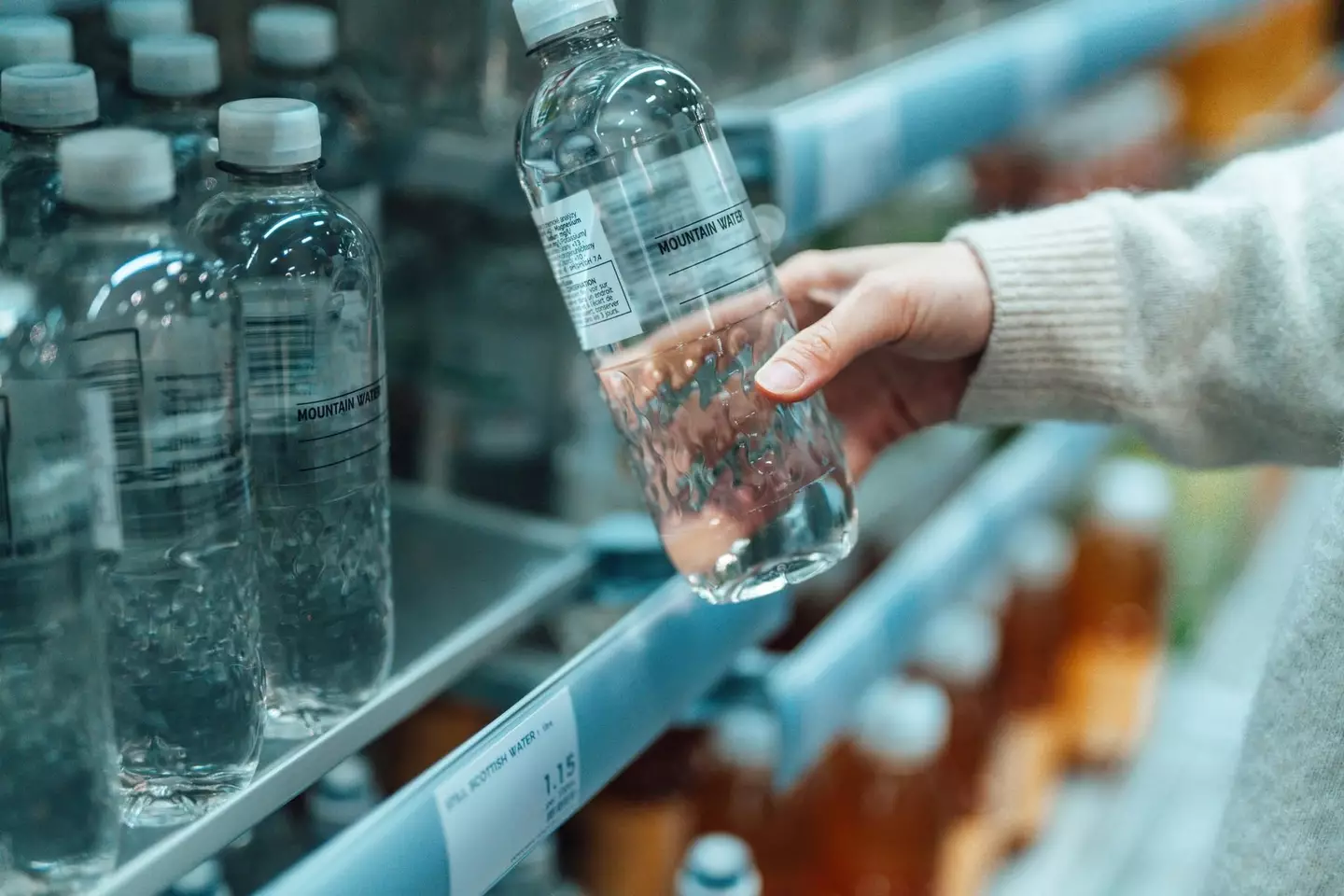Individuals who frequently consume bottled water are being cautioned following the discovery of alarming findings in a recent study.
Regardless of whether you occasionally enjoy a bottle of water or consistently consume them daily, this information is critical for you.
Scientists are advising people to avoid drinking water from plastic bottles, and there’s a compelling reason behind this advice.
The study was conducted by Xin Gao and Xiaoqi Lang from Columbia’s chemistry department, Huipeng Deng and Teodora Maria Bratu from Lamont-Doherty, Qixuan Chen from Columbia’s Mailman School of Public Health, and Phoebe Stapleton from Rutgers University. Their research was published in the journal Proceedings of the National Academy of Sciences.
The investigation suggests that consuming bottled water might pose health risks, particularly in the long term.
The research identified the presence of minute plastic particles in these bottles, which can then be ingested by individuals.
Despite any reluctance towards reusable and sustainable bottles, it may be time to consider switching, as researchers at Columbia University’s Lamont-Doherty Earth Observatory discovered significant quantities of plastic in merely one liter of water.
The study’s authors reported finding 240,000 plastic particles in an average-sized bottle, an amount that is 10 to 100 times greater than previous estimates.
These minuscule plastic fragments, termed nanoplastics, have potential links to cancer, birth defects, and fertility issues.
Their small size allows them to penetrate blood cells and brains, potentially impacting health with continued exposure.
Furthermore, consuming water from plastic bottles poses additional concerns.
The presence of phthalates in plastics can also be harmful, as the National Institute of Environmental Health Sciences has noted, linking this plastic to ‘development, reproductive, brain, immune, and other problems,’ as reported by Express.
“Previously this was just a dark area, uncharted. Toxicity studies were just guessing what’s in there,” said study coauthor Beizhan Yan. “This opens a window where we can look into a world that was not exposed to us before.”

This is concerning for our health.
The researchers have stated that they were not taken aback by the findings.
However, the issue extends beyond bottled water; it also includes condiments in plastic containers, such as mayonnaise and ketchup.
Qixuan Chen, a study co-author and associate professor at Columbia Mailman School of Public Health, remarked: “The study findings unveil a fresh perspective, enabling a more profound comprehension of the implications of plastic on both the environment and human health.”
“It is not totally unexpected to find so much of this stuff,” said Qian. “The idea is that the smaller things get, the more of them there are.”
Co-author Wei Min added: “There is a huge world of nanoplastics to be studied. It’s not size that matters. It’s the numbers, because the smaller things are, the more easily they can get inside us.”

